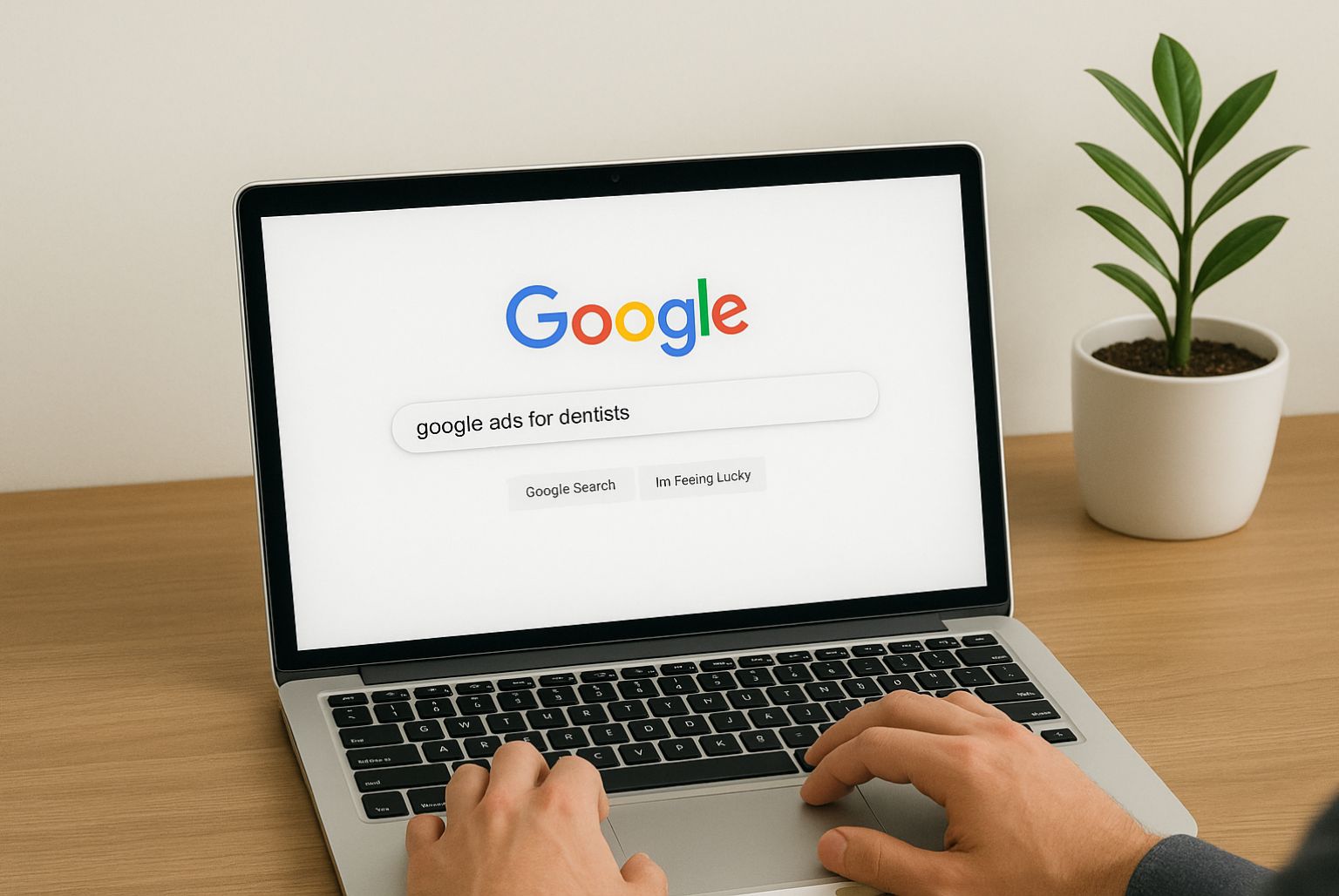There have been big changes across the board for digital marketeers and SEOs. Google is well-known for keeping industry professionals on their toes with algorithm updates, and their focus has shifted to usability, readability, and human interaction. Our SEO predictions follow that content still reigns supreme, mobile optimisation isn’t a prediction but a reality, and search behaviour centres itself around questions and answers in search of Snippets.
SEO Predictions for 2019
Content is still key
2018 saw Google placing more importance on usability and how friendly a website was to human eyes, not just its robotic crawlers. This year, we predict that quality content both visual and written is going to dominate SEO efforts and be the deciding factor on page 1 rankings. It isn’t enough to just stuff your written content with your chosen keywords and rehash old material in a bid to rank higher, and Google is now cracking down on the quality and the uniqueness of this content. Human-friendly content with a low bounce rate, presumably due to how engaging and informative traffic finds it, will be one of the biggest pace changes in SEO this year.
Question, answer, Snippets, and search behaviours
Search behaviours have changed, and 2019 will see them solidify into more questions and answers based results. Traffic don’t just search for a term when they want to know a specific piece of information about that term. Search behaviour has turned much more to asking a question and receiving an answer. This is easy to utilise in your written content, sure, and the more plainly and simply you provide an answer the higher your chances of being featured as a Google Snippet. This Snippet appears in a box above even the top page 1 rankings and quotes the answer to the searched for question, providing your website as a source which obviously heightens your chances of click-throughs. People Also Ask boxes were a new instalment in 2018 that, in 2019, will perform alongside Snippets to answer searched-for questions. These boxes are also interactive as, if you expand one of them to find the answer, a series of new boxes related to that content will appear beneath it. Google is taking what your traffic is searching for and pre-empting their next moves, always two steps ahead, to personalise the content they interact with.
Mobile optimisation and usability is here to stay
If you didn’t react to mobile optimisation in 2018, then you are definitely going to want to in 2019. Google’s mobile-first index has been ranking its search results based on their mobile and device optimisation for some time now, and websites that aren’t mobile optimised will quickly fall behind their competitors. Google recognises that searching habits have changed, with more and more searching and converting being conducted on mobile devices. Google will in fact penalise your website across desktop and device if it doesn’t have a mobile-friendly or optimised version.
Local SEO: Google My Business profiles
With its focus on human interaction and user-friendly content, Google continues to invest in local SEO tools such as Google My Business. This allows your business to have a Google business profile that offers your opening times, website, map location, and images to best inform local searchers of the services or places they need. However, the search engine also invites the searchers that are familiar with your business to interact with your My Business profile, too. This comes in the form of ‘Answer quick questions’ where the searcher is invited to answer common questions such as ‘is there parking nearby?’. Google has placed more of an emphasis on this to draw real, human opinions and answers rather than simply crawling the websites to provide the best usability. Optimising and customising your Google My Business profile is a valuable step in pleasing Google’s current 2019 algorithm.
Local SEO: Reviews to remain important
Local SEO is going to be invested in heavily by Google in a bid to create more competition and involvement from local, smaller, and independent businesses. About 1/3 of local searches are made with the intent of reading reviews, which then go on to influence key decision making as to whether search traffic visits your website or not. Google My Business profiles now pull through Facebook reviews as well as proffering reviews left on the platform, and these two components remain key trust indicators for your business. Pulling through and cultivating this kind of data helps to inform your traffic of where they should spend their time and money, which is hopefully your business and website, and Google will positively rate the click-throughs from your GMB profile. The more positive reviews, the higher the potential click-through and lower bounce rate, the more Google will smile upon your website.
Search engine optimisation and digital marketing is constantly brimming with new updates, new tools, and new approaches to bettering your website performance. Blink, and you might miss a key algorithm update that delineates your efforts and cheats you of click-throughs. There’s no time like the present to start competitive SEO efforts, so if you’re ready for your website and business to befriend Google and reap the benefits, get in touch with our search engine optimisation team today at Cosmetic Digital.




